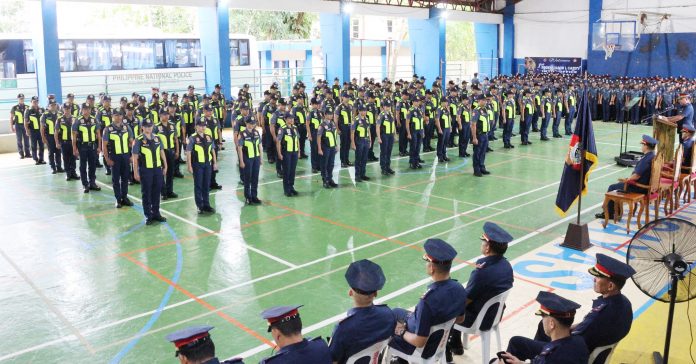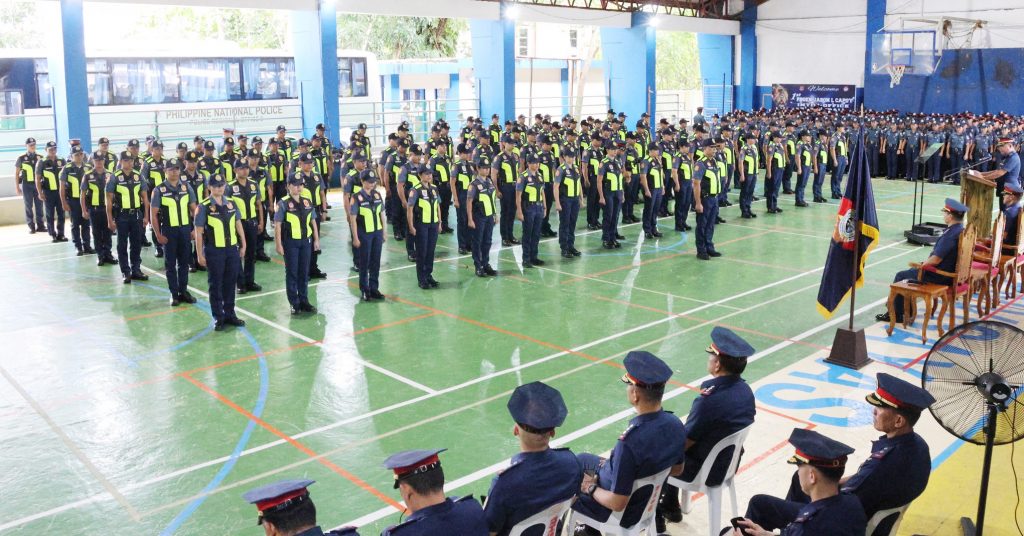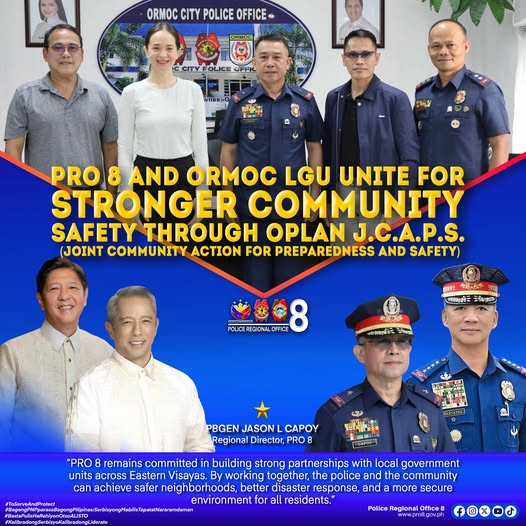TACLOBAN CITY — At least 13 former members of the New People’s Army (NPA) in Samar and Eastern Samar provinces have been issued safe conduct passes (SCPs) by the National Amnesty Commission through the Local Amnesty Board (LAB) in Catbalogan, marking another step in the government’s reconciliation and reintegration efforts.
Of the total recipients, 10 were assisted by the 52nd Infantry Battalion (IB) based in Dolores, Eastern Samar, while three others were endorsed by the 3rd IB stationed in San Jorge, Samar.
The issuance of SCPs forms part of the government’s amnesty program for former rebels, which aims to encourage members of communist armed groups to return to the fold of the law. The pass provides temporary protection from arrest for rebellion-related offenses while their amnesty applications are being processed.
The distribution ceremony in Dolores was attended by 801st Infantry Brigade Commander Arlino Sendaydiego, 52nd IB Commanding Officer Sandy Sereño, and Dolores Municipal Police Station chief Eumorpho Batlangao, along with police personnel from Oras and Can-avid towns.
In his message, Lt. Col. Sereño reiterated the government’s commitment to support former rebels as they transition back to civilian life. Brig. Gen. Sendaydiego, for his part, underscored the need for sincerity in the reconciliation process.
“We need your sincerity in returning to the fold of the law. We do not treat you as enemies, as many of you were simply victims. Life is better when we are free,” Sendaydiego said.
During the activity, the LAB Secretariat conducted a comprehensive briefing on the guidelines, privileges, and responsibilities attached to the SCP. Recipients formally acknowledged their understanding of the document’s limitations and pledged to use it appropriately while reintegrating into mainstream society.
An orientation was also held for 37 additional former rebels who filed their amnesty applications, signaling continued interest in the program in parts of Samar Island, which has long been affected by insurgency.
Meanwhile, the three applicants from Samar province received their SCPs at the LAB-Catbalogan office after undergoing the same orientation and documentation process.
Lawyers from the Public Attorney’s Office were present during both distribution activities and facilitated the Oath of Allegiance of the applicants.
Military and police officials said the issuance of SCPs reflects ongoing efforts under the government’s whole-of-nation approach to end local communist armed conflict, by combining security operations with legal remedies and reintegration support for former insurgents.
(ROEL T. AMAZONA)



